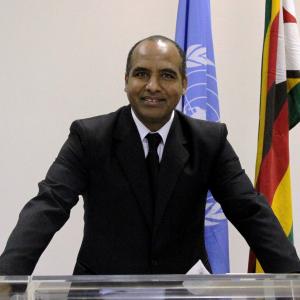Press Release
UN entities involved in this initiative
FAO
Food and Agriculture Organization of the United Nations
IAEA
International Atomic Energy Agency
IFAD
International Fund for Agricultural Development
ILO
International Labour Organization
ITC
International Trade Centre
ITU
International Telecommunication Union
OHCHR
Office of the United Nations High Commissioner for Human Rights
UN Women
United Nations Entity for Gender Equality and the Empowerment of Women
UNAIDS
Joint United Nations Programme on HIV/AIDS
UNCTAD
United Nations Conference on Trade and Development
UNDP
United Nations Development Programme
UNEP
United Nations Environment Programme
UNESCO
United Nations Educational, Scientific and Cultural Organization
UNFPA
United Nations Population Fund
UNHCR
United Nations High Commissioner for Refugees
UNICEF
United Nations Children’s Fund
UNIDO
United Nations Industrial Development Organization
UNODC
United Nations Office on Drugs and Crime
UNOPS
United Nations Office for Project Services
UPU
Universal Postal Union
WFP
World Food Programme
WHO
World Health Organization
Other entities involved in this initiative
World Bank
World Bank


















